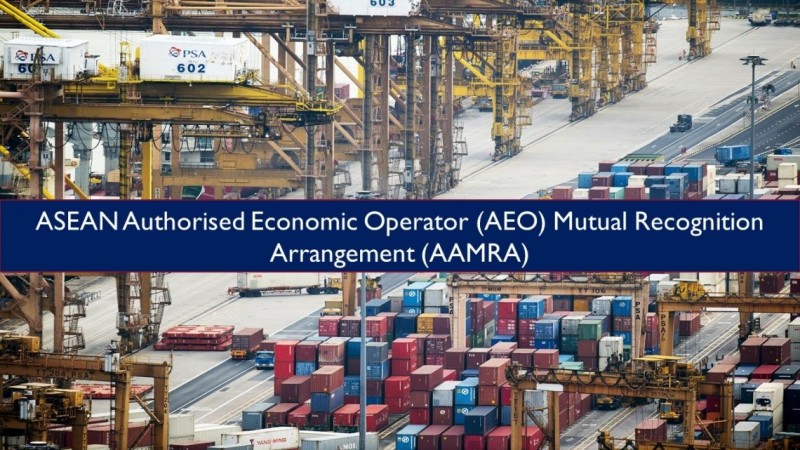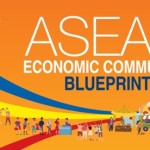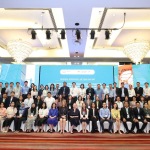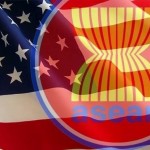Total number of posts 463.
On September 29, all 9 customs authorities of ASEAN Member States (AMS) signed the Mutual Recognition Agreement (MRA) of their respective Authorised Economic Operator (AEO) Programmes. The agreement, abbreviated as AAMRA, aspires to provide a transparent and predictable trade environment among ASEAN member states.

The AAMRA Agreement ensures that the certification standards adopted by ASEAN countries' customs authorities in their respective AEO programs are compatible and consistent with the principles and standards of the World Customs Organization (WCO) SAFE Framework to ensure and facilitate global trade (the SAFE Framework).
AEOs of certified ASEAN member states will receive faster customs clearance and priority commodity inspections for goods traded within ASEAN. These benefits are expected to increase savings due to improved predictability of freight movement.
In line with the objectives of the ASEAN Economic Community Blueprint 2025 to achieve a highly cohesive and integrated ASEAN economy, the AAMRA Agreement has the potential to enhance trade by reducing regulatory burdens and facilitating the movement of goods within ASEAN.
ASEAN Secretary-General Dr. Kao Kim Hourn stressed that the AAMRA agreement demonstrates the strong cooperation of ASEAN countries to facilitate the seamless movement of goods within ASEAN in order to enhance intra-ASEAN trade and promote economic development and growth.
The agreement will play an important role in enhancing supply chain connectivity as businesses will enjoy greater cost savings due to reduced administrative burdens and better predictability of the movement of goods.
After completing domestic administrative procedures, six ASEAN member states including Brunei Darussalam, Indonesia, Malaysia, Philippines, Thailand and Singapore will begin piloting AAMRA for 6 months by the end of 2023, with the goal of full implementation by Q3 2024. The remaining four ASEAN member states are expected to begin a second pilot implementation in 2024.














